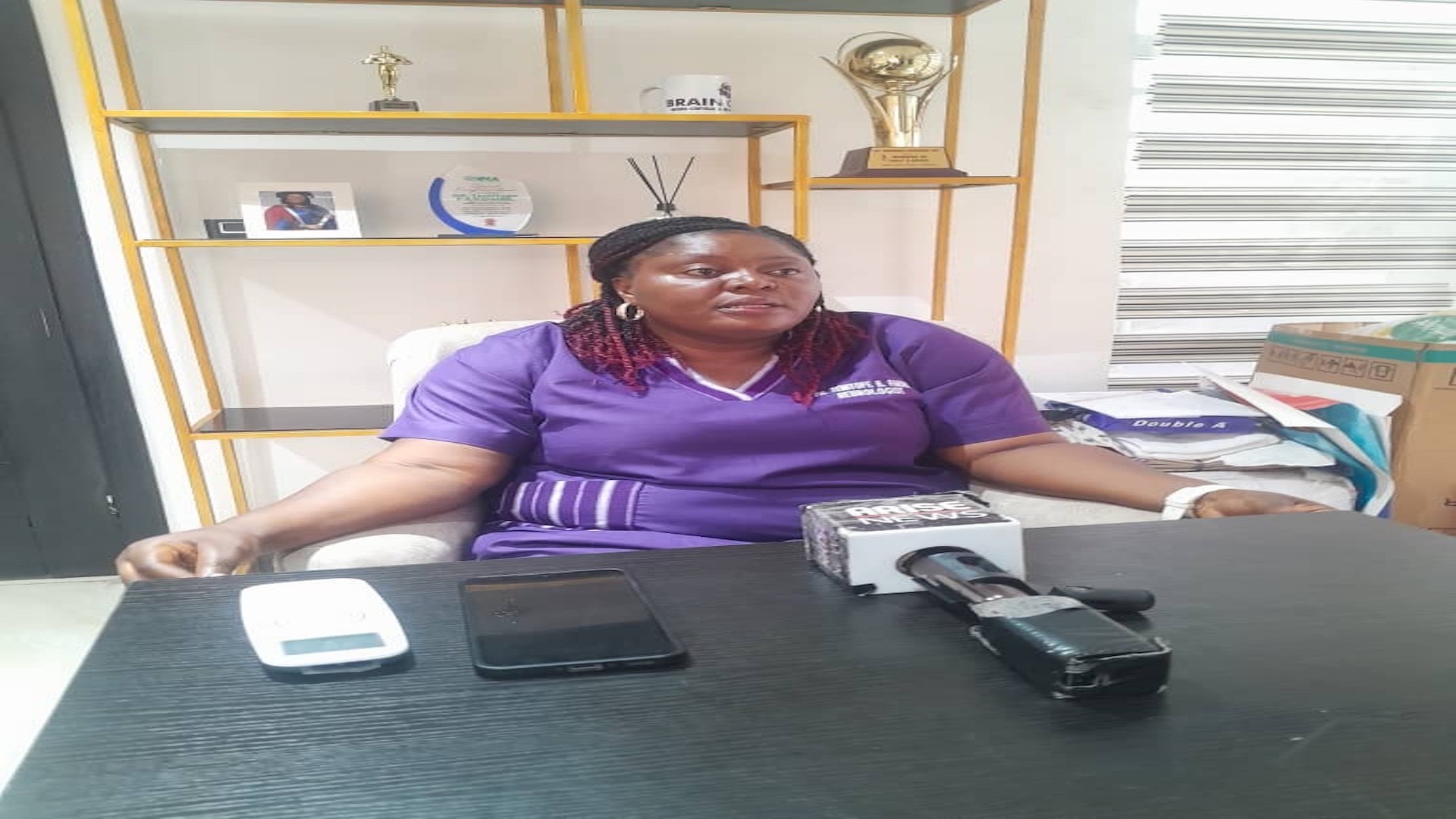Minister of Women Affairs, Imaan Sulaiman Ibrahim, has promised support for the promotion of safe access to digital technology. The minister made the promise at the first Artificial Intelligence (AI) Summit for Children in Africa, tagged Kids Tech Fest.
The event targeted children between six and 16 years old. For the maiden edition, 200 schools with over 2,000 families attended the event. The discussions centred around introducing children to AI, child safety, the possibilities that AI offers for children, AI adoption in Africa, among others.
My Go-To Buddy, an AI learning community, was also launched during the programme held at the Landmark Event Centre, Victoria Island, Lagos. The minister also reiterated the ministry’s mission to protect and empower children, women, families, and all vulnerable groups.
Ibrahim, who was represented by her Special Adviser on Media and Publicity, Jonathan Eze, said that in the past year, the ministry had significantly deepened efforts through key reforms and nationwide programmes, including the revision of the Child Rights Act.
She said the critical update aimed to align the Act with modern challenges such as online child safety, cyberbullying, and child trafficking.
Convener, Kids Tech Fest, Justina Nnam Oha, said: “Africa boasts of one of the fastest-growing youth populations in the world, but we deliberate on if we can dominate the technology landscape in the next couple of years. The relevance of our children and how much we bring them up to the speed of the advancement of AI with our context as Africans is critical.”
Oha, who is also the CEO of Digital Equity Africa, added: “We will be back here next year to showcase what we have achieved in 365 days.” On her part, tech expert, Lavina Rankisson, said: “Children should be given access to learning about AI as early as possible. Africa must bridge the gap. For instance, how can we get multidisciplinary degrees? Africans should not make things four years long, but shorter so that there is a liquid of upskilling that should happen, producing more skilled students.”
When asked about the bottlenecks to AI adoption in Africa, Founder of the AI Centre of Excellence (AICE), Nairobi, Kenya, John Kamara, said:
“Kenya has more footsteps in AI adoption than most countries in Africa. I think, from an African perspective, we can build African language models and collaborate to ensure an African-centric, indigenous AI ecosystem.
“Most people talk about money and technology shortages in AI adoption in Africa, but the real problem is people and the will to make fundamental change. If we have enough people willing to sacrifice for the greater good, then we will have a much more robust adoption of AI. I have been to 49 African countries, and the problem remains—people.”
On her part, tech diploma holder, Lavina Rankisson, said: “Children should be given access to learning about AI as early as possible. Africa must bridge the gap. For instance, how can we get degrees that are multidisciplinary? Africans should not make things four years long but shorter, so that there is a flow of upskilling that should happen, producing more skilled students. Apprenticeship programmes and internships in the workforce should be implemented.
“I have come across some scary stats on the continent. For example, there are only two jobs for 5,000 students who qualify in robotics in Africa. So, room and space should be made at all levels. The younger ones should be given access to play around with technology. Schools should have innovation labs, necessary tools, and not too many tests and assignments.
“Africa needs the political will, academic will, and bold vision; parents and teachers need to align. The children do not lack ideas or imagination. It is we, from the adult perspective, who need more alignment, and we need to act faster. Africa must prepare for AI rights. AI needs its own set of rights to function within our society because it will be embedded.”






